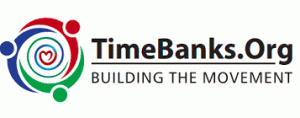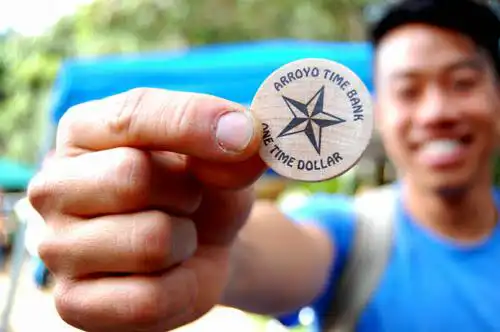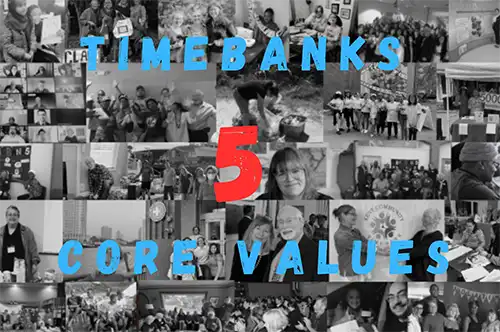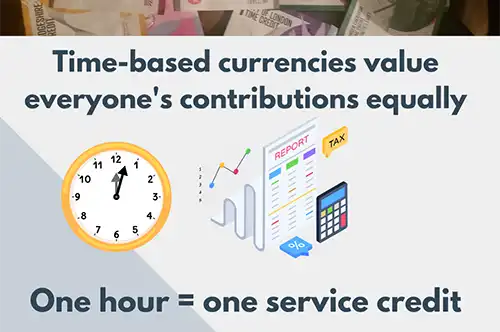What is TimeBanking?
You can earn credits by giving your time to help someone and then spending those earned credits receiving help in return. More TimeBanks = saving money and saving lives.
The work you do accrues a real, tangible payment — banked time you can use to get the help you need. This is the foundation of a TimeBank. Put simply, it’s a way to exchange most services (sometimes goods) using time instead of money.







